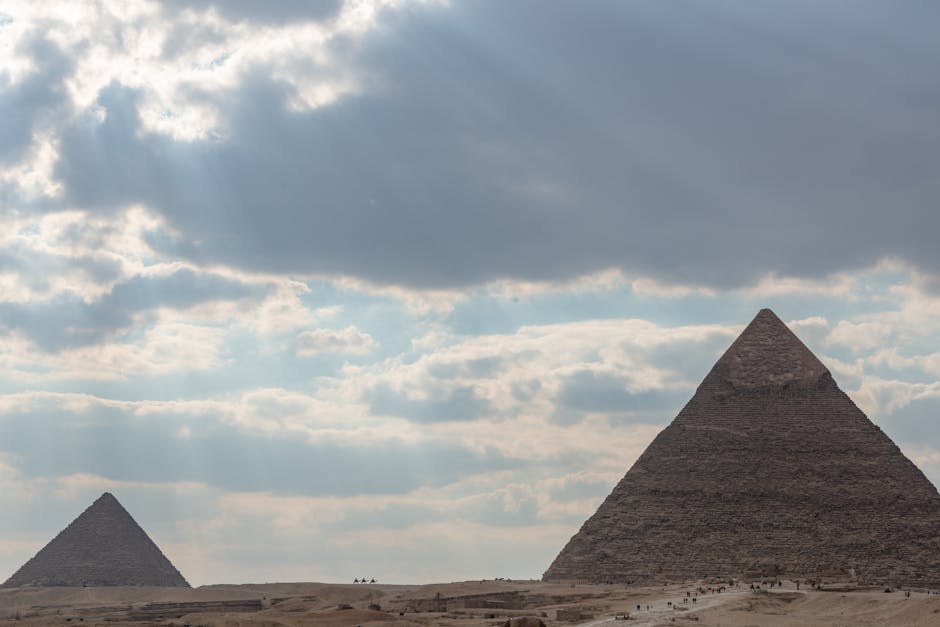Across the vast expanse of human history, the celestial sphere has captivated minds and sparked wonder. From the earliest hunter-gatherers tracking the seasons to the most advanced empires charting the cosmos, humanity’s relationship with the stars has shaped cultures and propelled scientific progress. Numerous societies, driven by practical needs and intellectual curiosity, developed intricate astronomical systems, leaving behind a legacy of knowledge and observation that continues to fascinate us today.
Early Societies and the Beginnings of Observation
Some of the earliest civilizations, even before the development of written language, demonstrated a remarkable understanding of celestial cycles. Evidence suggests that hunter-gatherer societies in various parts of the world, through meticulous observation, established rudimentary connections between celestial movements and seasonal changes crucial for survival. These observations, though not formalized into complex systems, paved the way for later advancements. For instance, the alignment of ancient sites with celestial bodies, like Stonehenge in Britain, showcase an early appreciation for astronomical phenomena. The positioning of these monuments likely served as calendars, marking solstices and equinoxes, impacting rituals and agricultural practices. While not explicitly a “civilization” in the organized, state-level sense, these groups laid the groundwork for more refined celestial study.
Mesopotamian Astronomers and the Genesis of Predictive Systems
A prime example of a civilization that systematically studied the heavens is ancient Mesopotamia. From the earliest Sumerian cities to the mighty empires of Babylon, the Mesopotamians developed sophisticated astronomical systems, primarily driven by practical concerns such as predicting floods, determining auspicious times for agricultural activities, and even influencing religious rituals. Their observations and calculations, meticulously recorded on clay tablets, allowed them to develop a comprehensive understanding of the cyclical nature of astronomical events. This intricate knowledge became the cornerstone of predictive calendars and astrology, significantly impacting societal structures.
Egyptian Celestial Mastery and the Divine Order
In ancient Egypt, the celestial realm held a different significance, intertwined with their elaborate religious beliefs. The Egyptians meticulously observed the movements of the sun, moon, and stars, developing an astronomical system directly linked to their religious calendar. Their understanding of the Nile’s cyclical floods, governed by the heavens, was crucial for agriculture and society. The elaborate monuments, like the pyramids, are believed to have been oriented astronomically, indicating a deep connection between the earthly and celestial domains. The Egyptians’ commitment to documenting these observations provides valuable insights into their perception of the divine order.
The Mathematical Prowess of the Maya
The Maya civilization in Mesoamerica, known for their sophisticated mathematical and calendar systems, also developed a remarkable understanding of astronomy. Their intricate astronomical knowledge went beyond mere observation; they utilized complex mathematical models to predict celestial phenomena with impressive accuracy. Their calendar systems, involving both solar and lunar cycles, were so precise that they accurately accounted for the length of the solar year, surpassing the accuracy of many European calendars. The Maya’s profound understanding of astronomy reveals not only their scientific prowess but also their profound spiritual and cultural connection to the cosmos.
Chinese Contributions to Celestial Knowledge
In East Asia, the Chinese developed a unique astronomical tradition, emphasizing the interplay between celestial and earthly forces. Their observations, recorded over millennia, focused on charting the movements of celestial bodies, including the moon, sun, and planets. Their star catalogs and lunar calendars were instrumental in agriculture, predicting natural events, and establishing a sense of cosmic harmony. The Chinese approach to astronomy often combined practical observation with philosophical and spiritual interpretations, reflecting their unique worldview.
Other Notable Contributors
Beyond these prominent examples, numerous other civilizations developed their own complex astronomical systems. The Greeks, with their philosophical inquiries and mathematical advancements, furthered astronomical understanding. Their studies, though rooted in different traditions, contributed significantly to the growing body of knowledge about the cosmos. The Islamic Golden Age saw a revival and expansion of astronomical knowledge, translating and building upon Greek and other traditions. Various indigenous cultures throughout the world also developed their own intricate systems of celestial observation, tailored to their specific needs and beliefs.
The Interconnectedness of Astronomical Knowledge
It’s important to recognize that the development of sophisticated astronomical systems was not a solitary endeavor. These civilizations often drew inspiration from one another through trade, migration, and cultural exchange. The transmission of knowledge across different regions, continents, and cultures enriched the understanding of the cosmos. The legacy of these interconnected astronomical systems ultimately laid the foundation for the modern scientific study of the universe.
In conclusion, a remarkable array of civilizations devoted significant resources and intellectual prowess to studying the heavens. From the earliest hunter-gatherers to the sophisticated empires of the past, humanity’s fascination with the celestial sphere led to the creation of intricate astronomical systems. Understanding these diverse approaches to celestial observation provides invaluable insight into the shared human desire to comprehend the universe and its place within it.
